Yesterday in Nepal we attempted to meet two government ministers to present policy recommendations generated by the study examining the consequences for the health system of Nepal’s move to a federal government structure. This three-year project is UK-funded by the MRC, Wellcome Trust and the FCDO (Foreign, Commonwealth & Development Office; formerly DFID) under the Health Systems Research Initiative. Through our collaborating partners in Nepal we had managed to make initial contacts with the Prime Minister’s office and a senior secretary in the Ministry of Health & Population. The timing was significant as yesterday was the last day that UK-based members of our team were in Nepal. The day started with a possible meeting with first the Prime Minister Pushpa Dahal, followed by a possible meeting with the Health Minister Mohan Baladur Basnet. However, as the saying goes ‘timing is everything!’ And, in the end the time was against us.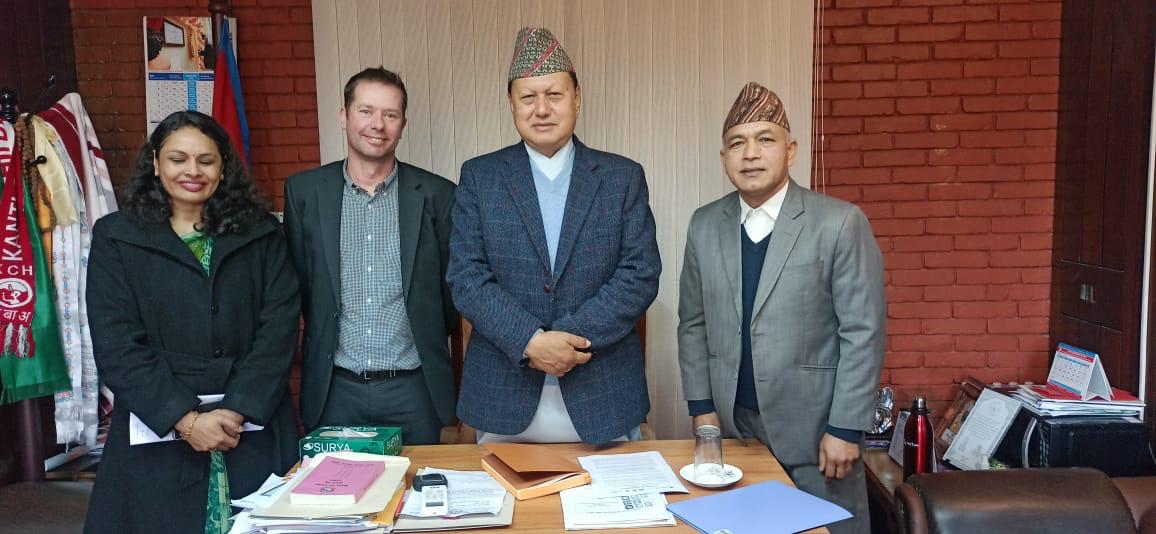
One of the two principle investigators of our study, Professor Simon Rushton from the University of Sheffield, and got ready early in the morning, only to be told by our Nepalese collaborators that the traffic in Kathmandu was hectic. Having waited for nearly an hour for our transport, we decided to split up with one of us joining some of our Nepalese collaborators trying to see the Prime Minister (PM) and the other one with a team to visit the Minister of Health & Population. Prof. Rushton went to the latter and after a period of waiting he and one of our Nepalese collaborators managed to meet the Minister and his staff. He also managed to hand over our policy recommendations. This offered a nice picture opportunity to illustrate a REF Impact Case Study.
Three other Nepalese collaborators and I, on the other hand, waited for over two hours in the waiting room of the Prime Minister, who turned out to be in an urgent meeting with two senior ministers. After over two hours we had to call off our attempt to see the PM. All I ended up with as ‘evidence’ was a picture of the tissue box in the PM’s waiting room. 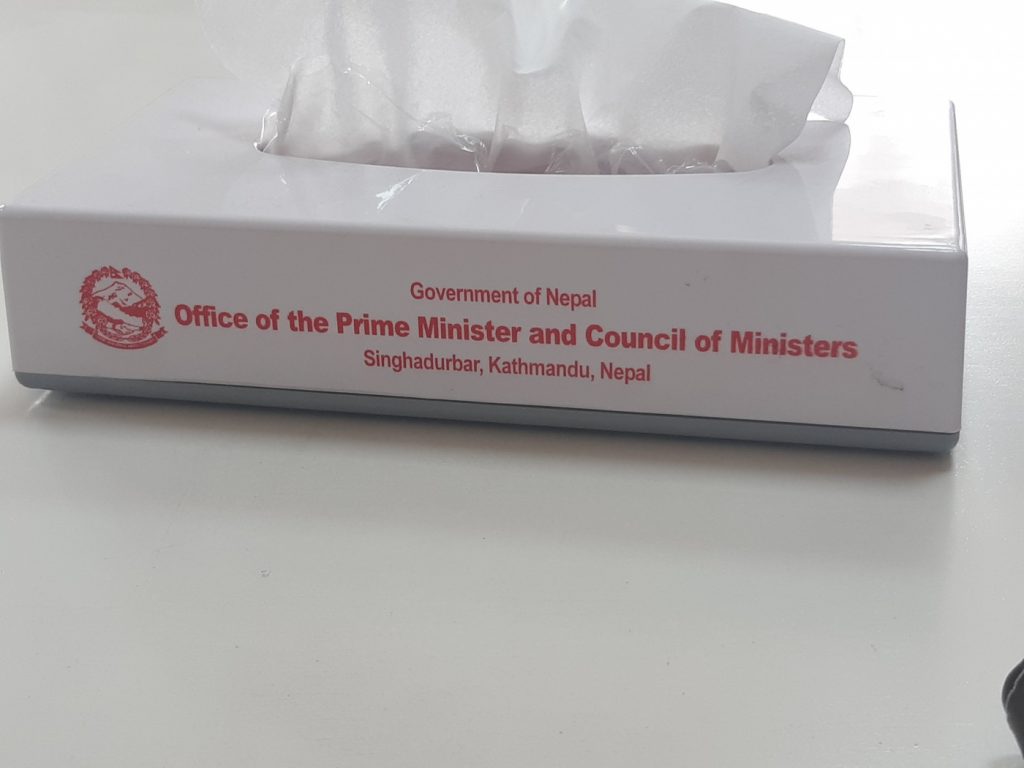 In the end I had to rush to Tribhuven International Airport to catch my flight to Qatar, then onward to London Gatwick.
In the end I had to rush to Tribhuven International Airport to catch my flight to Qatar, then onward to London Gatwick.
For the team visiting the PM it felt very much like Robert Burns’ poem: “The best laid schemes o’ Mice an’ Men. Gang aft agley.”
Professor Edwin van Teijlingen
CMWH (Centre for Midwifery & Women’s Health)
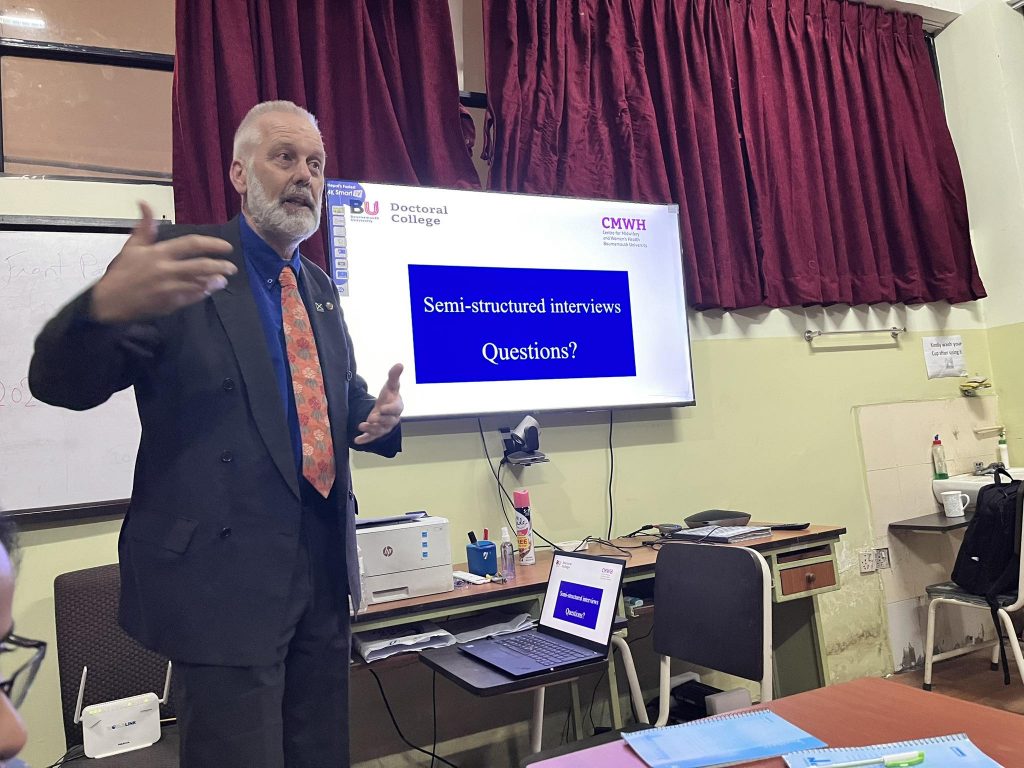
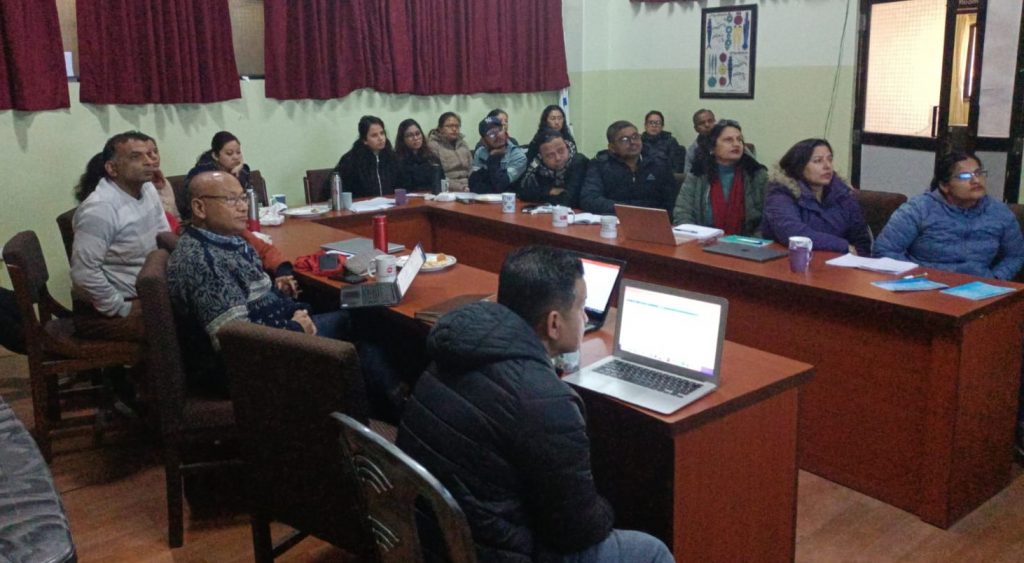
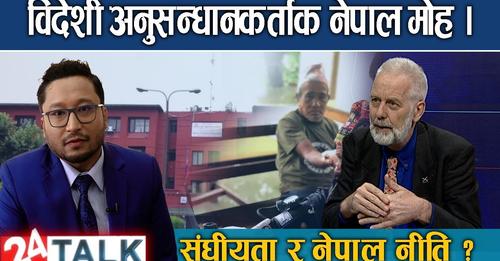
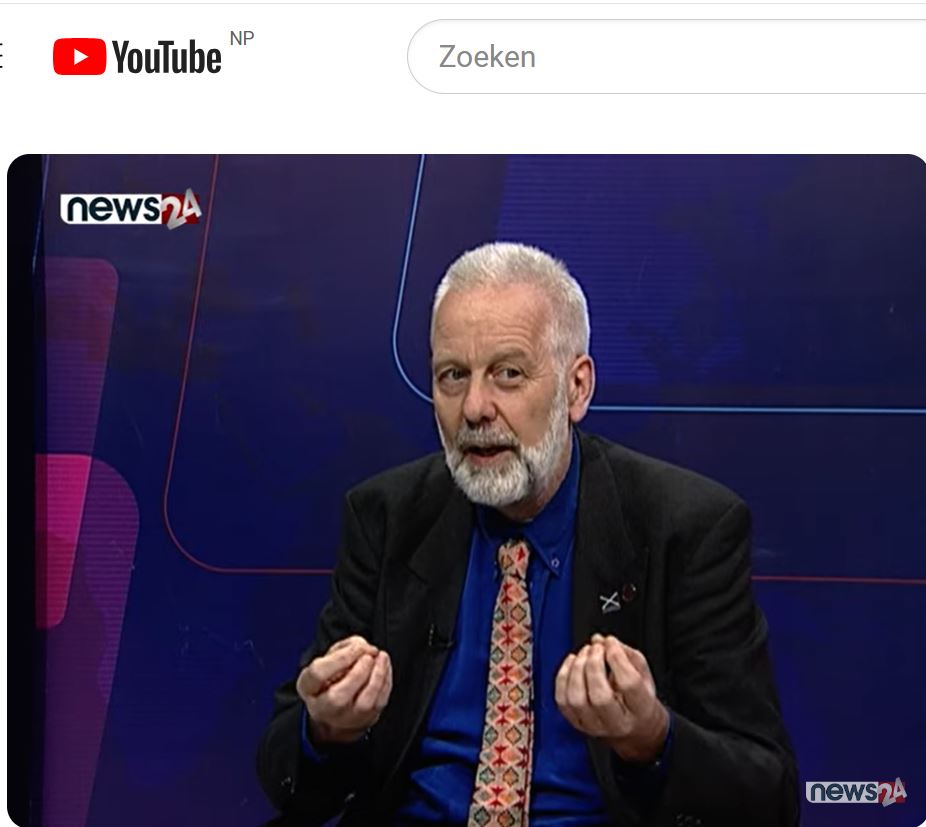
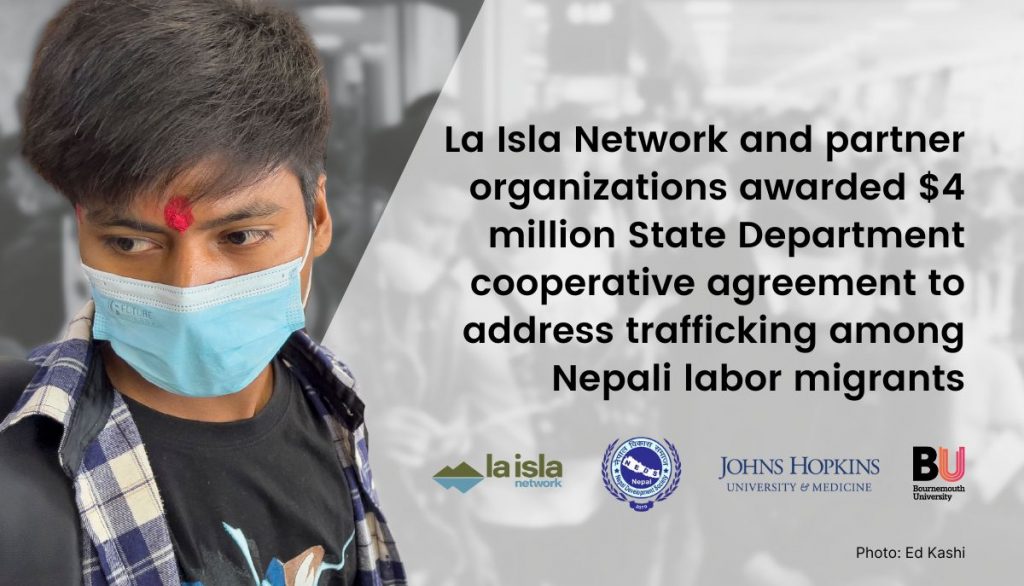
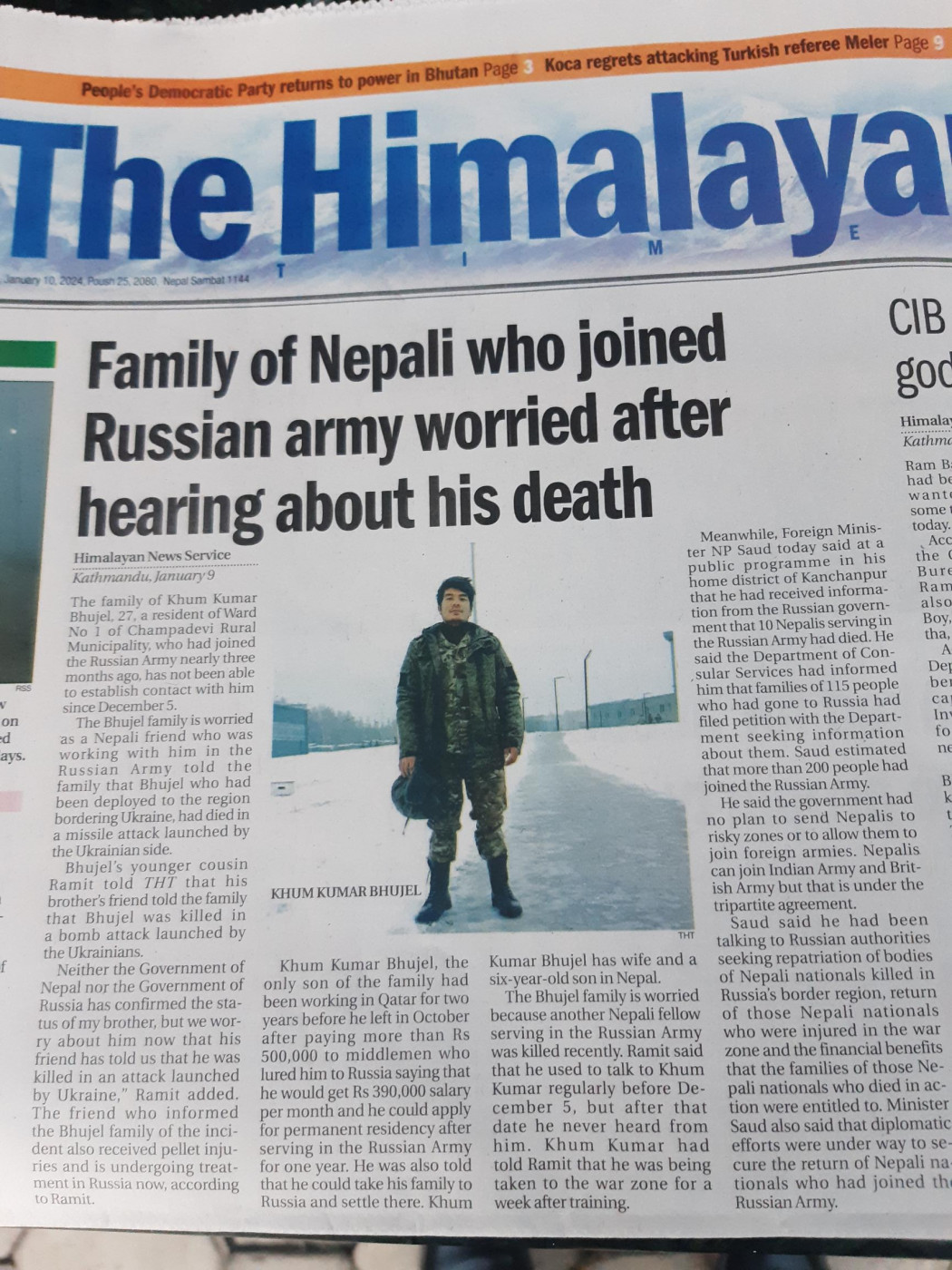
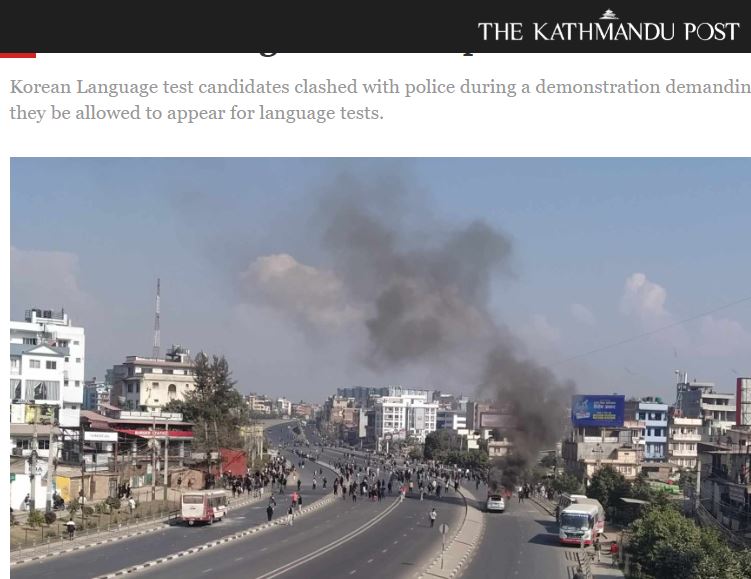
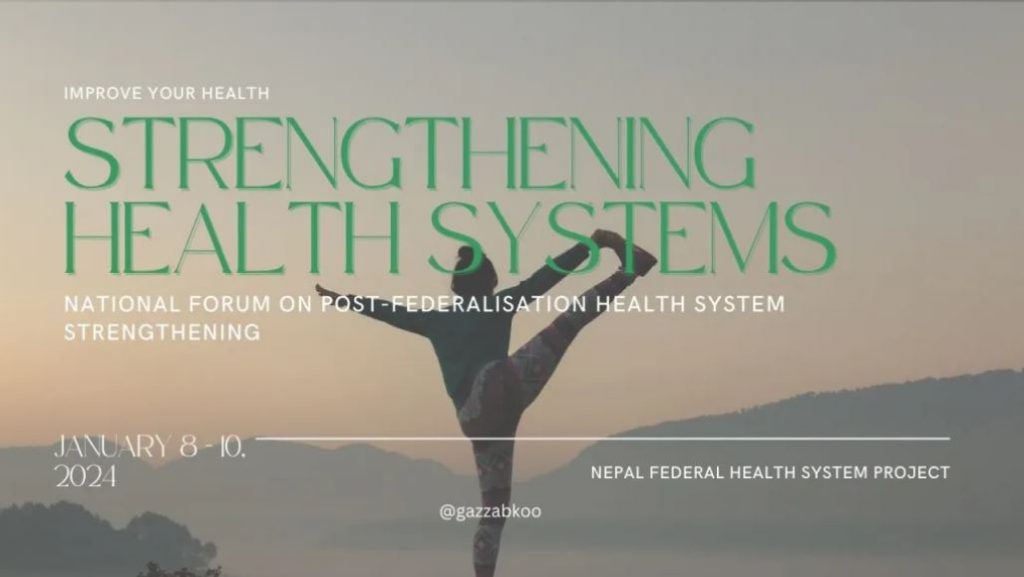

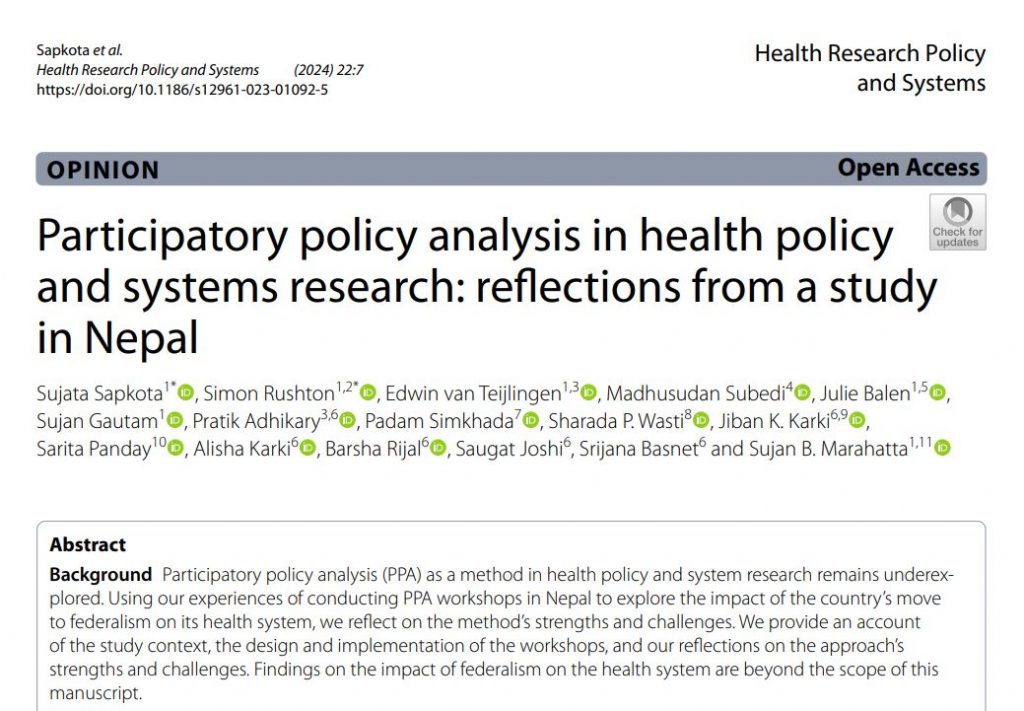
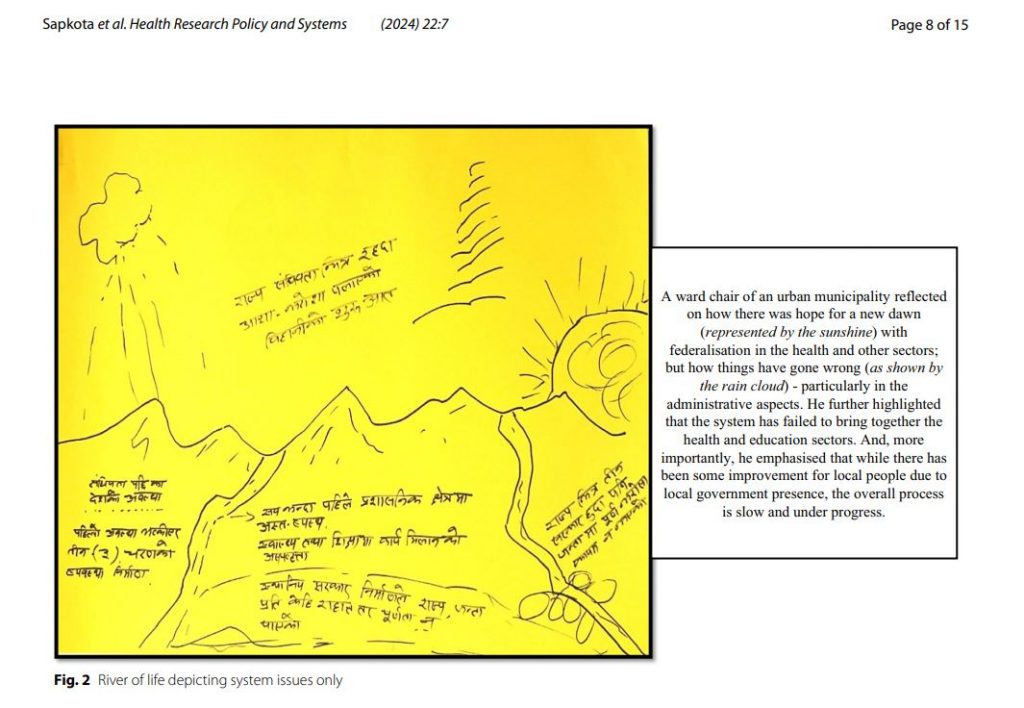
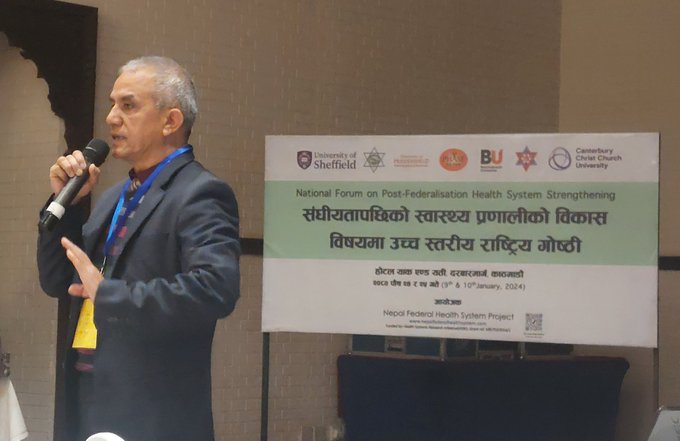
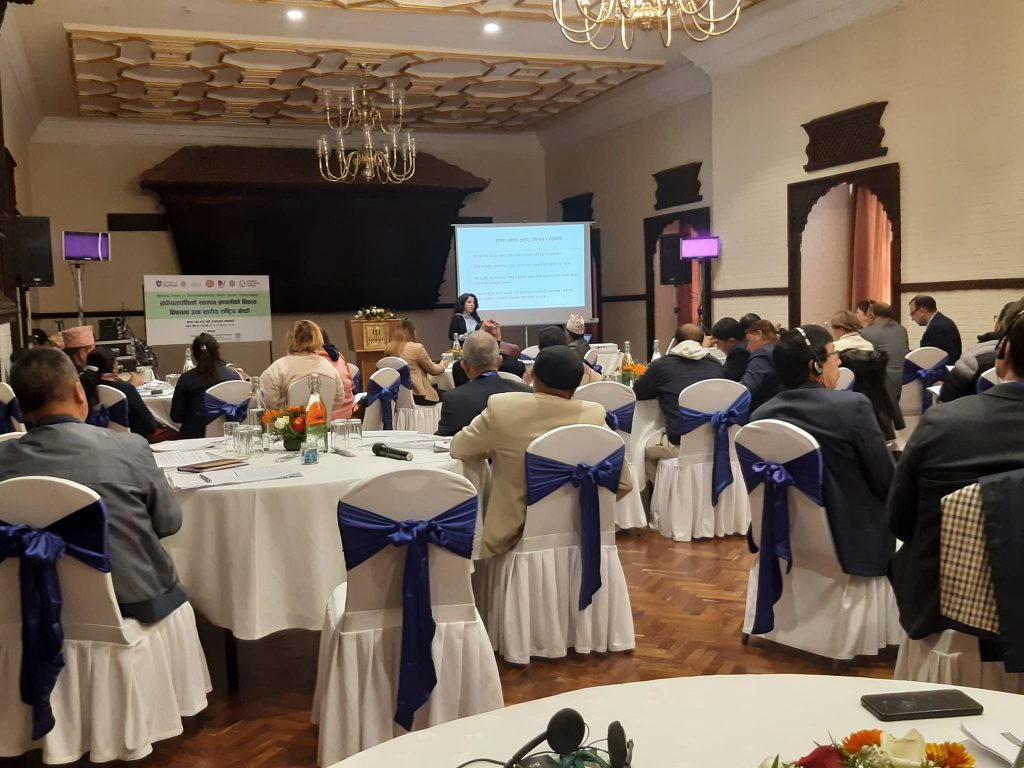
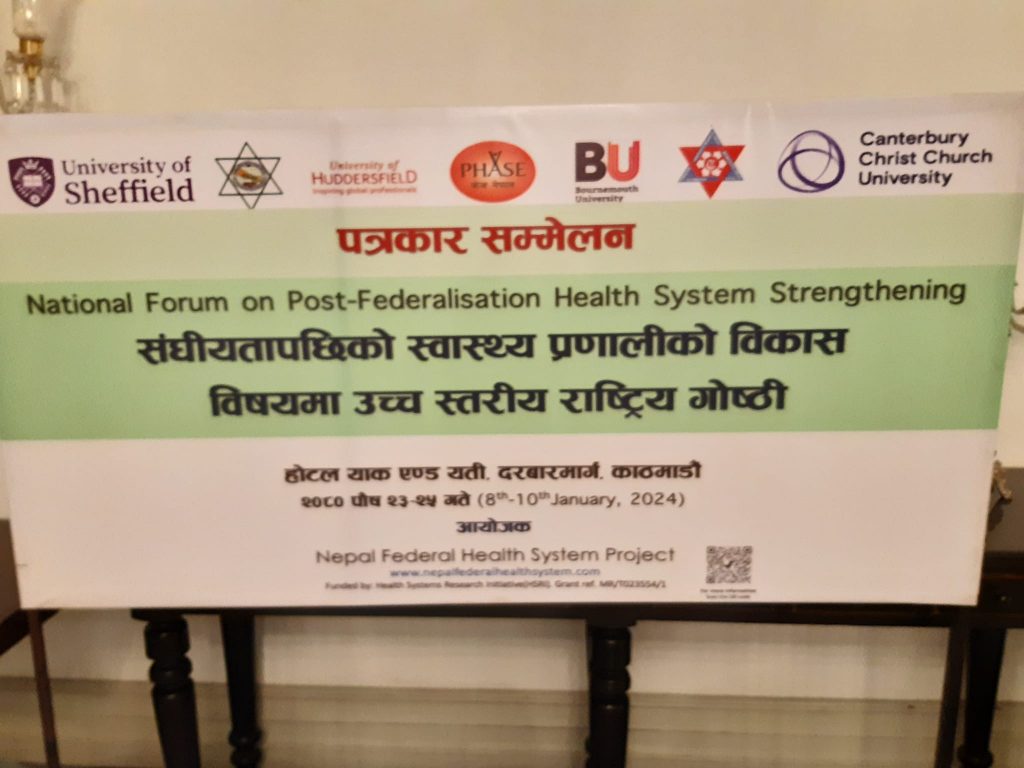
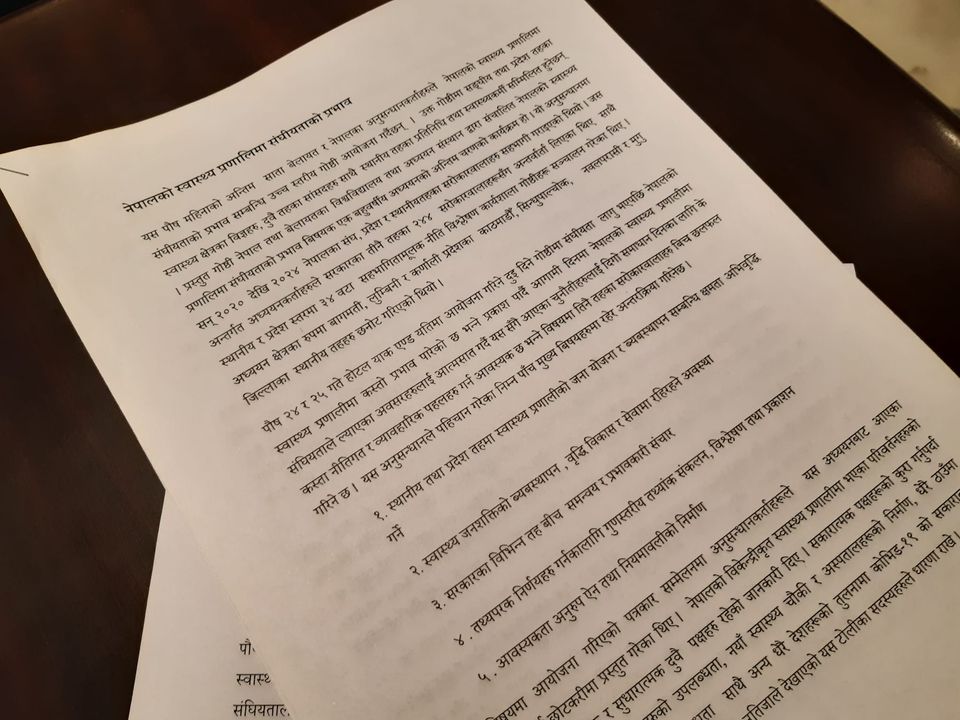
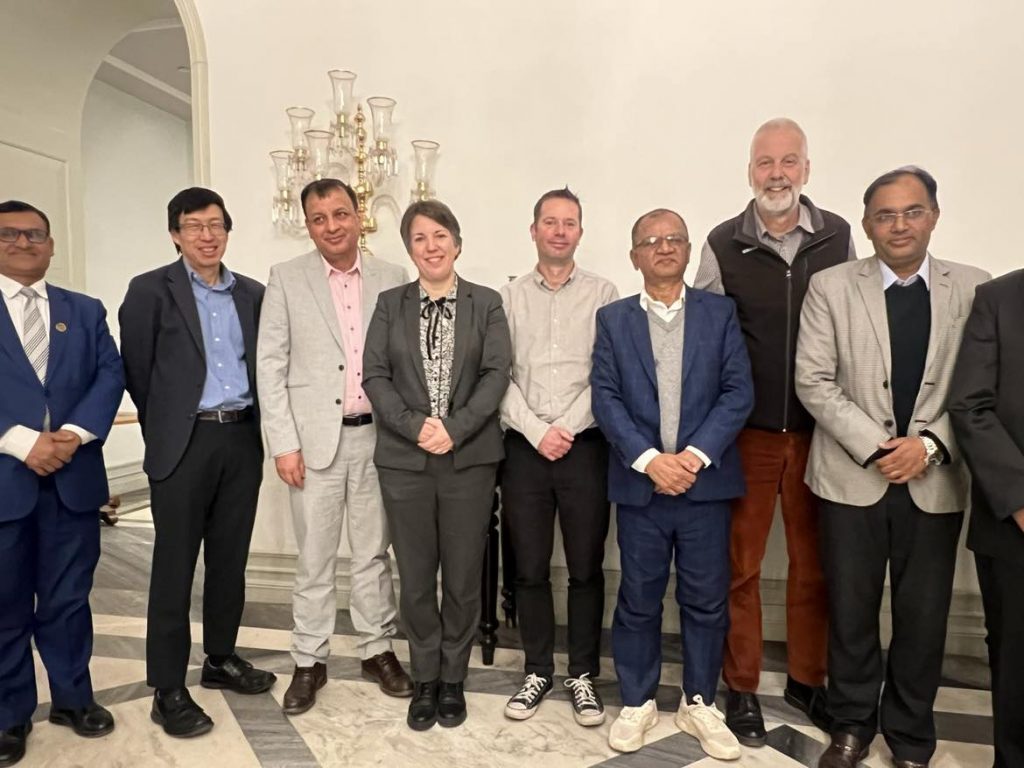
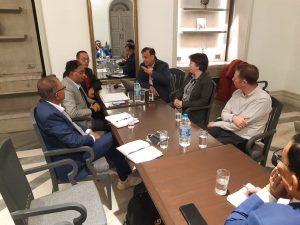

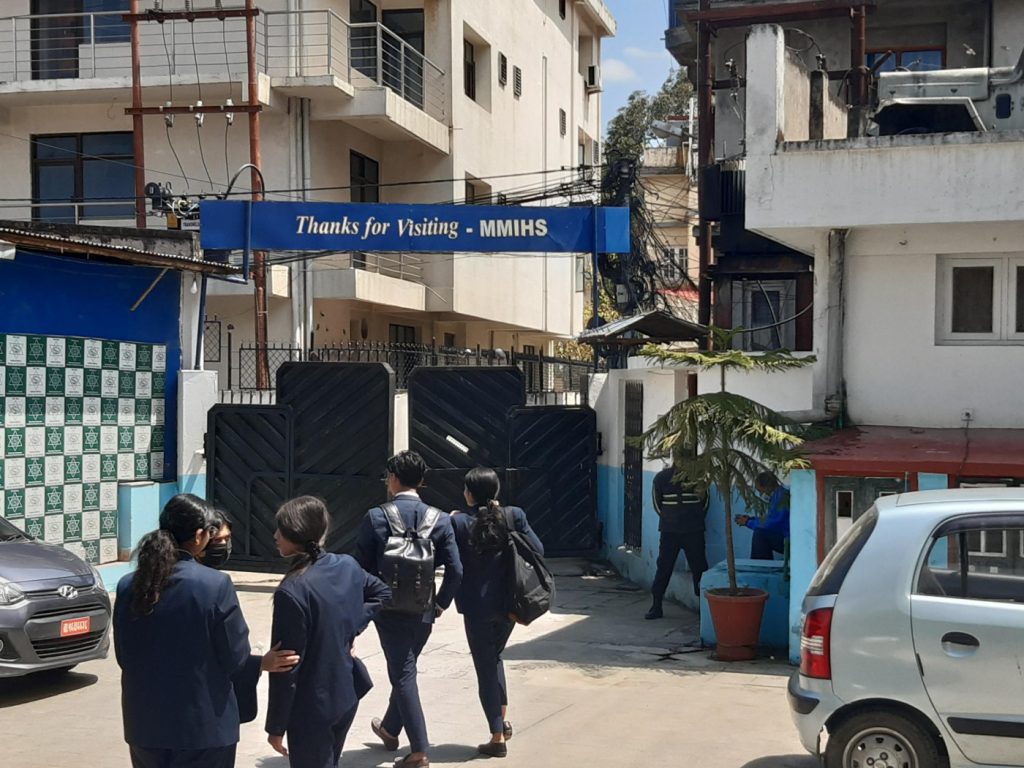
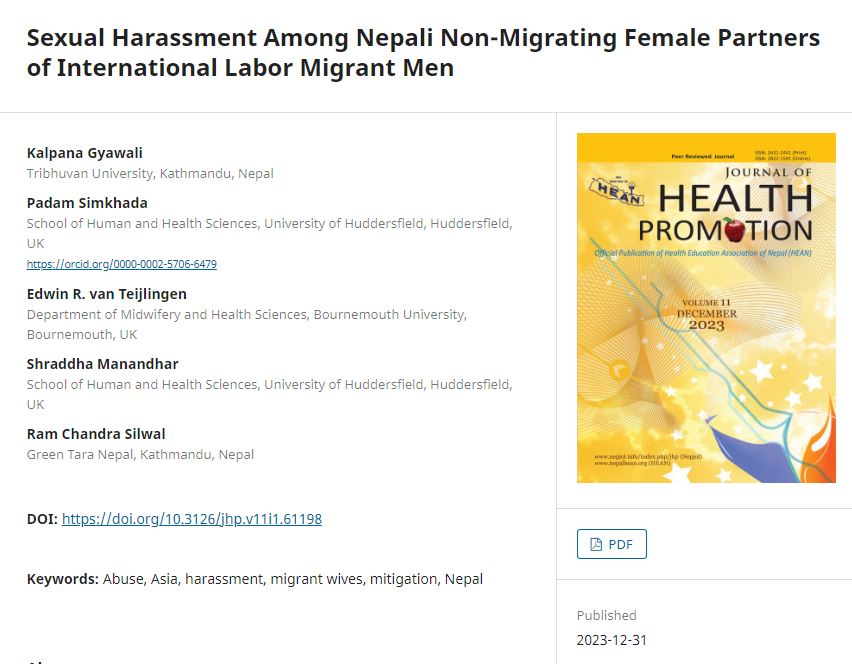

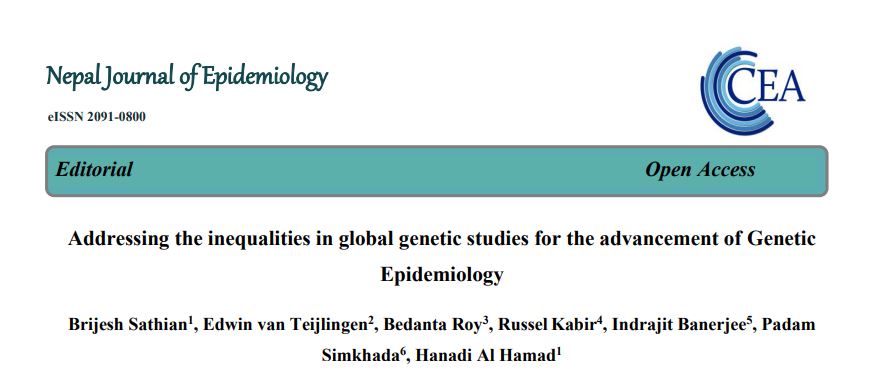
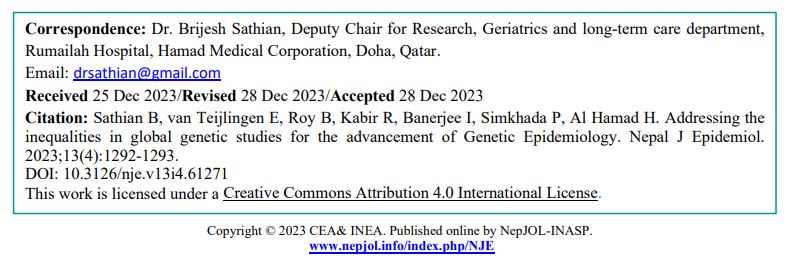

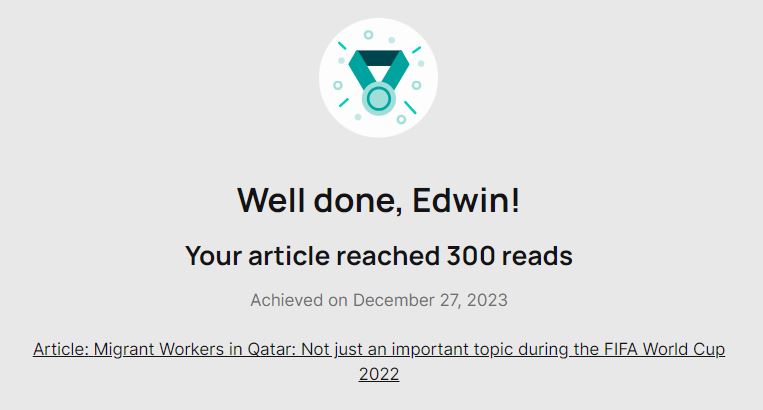
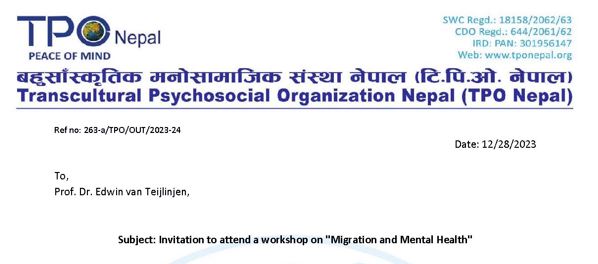
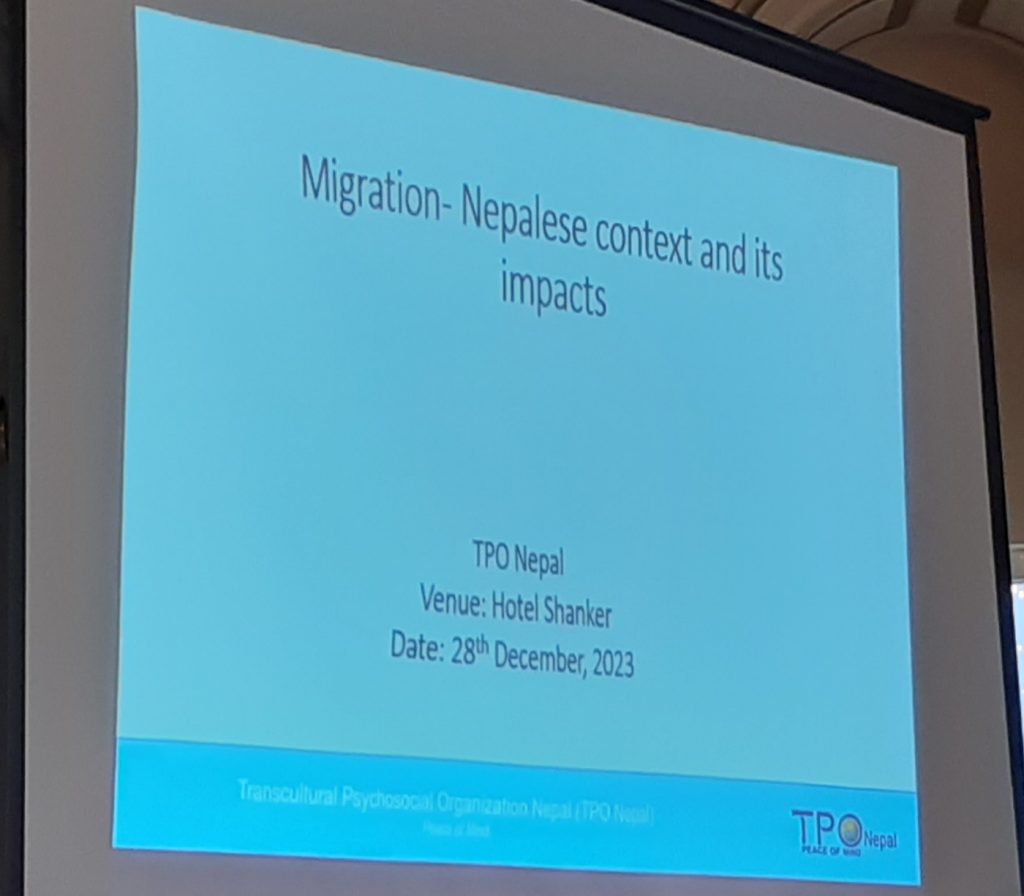
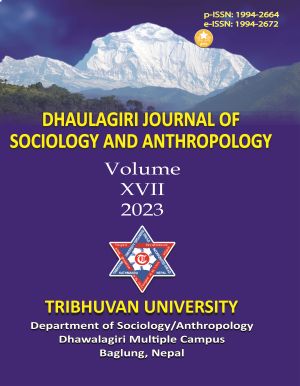
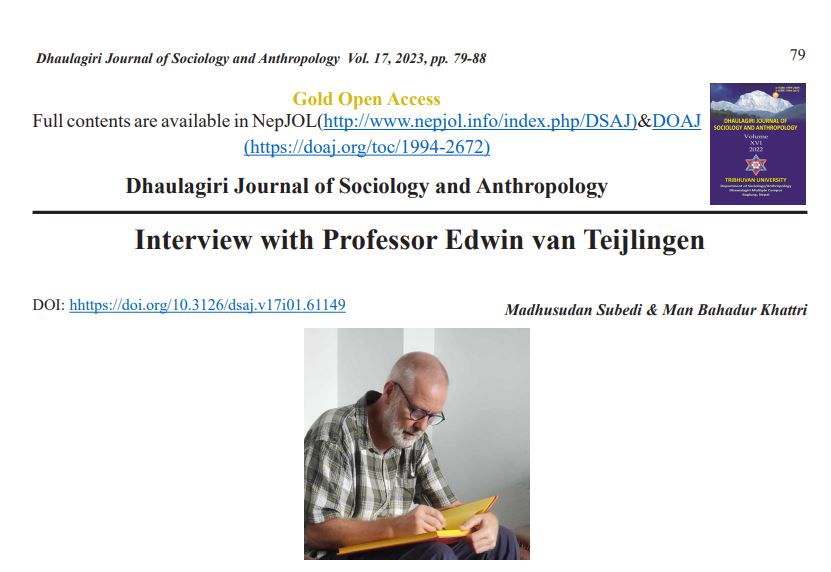
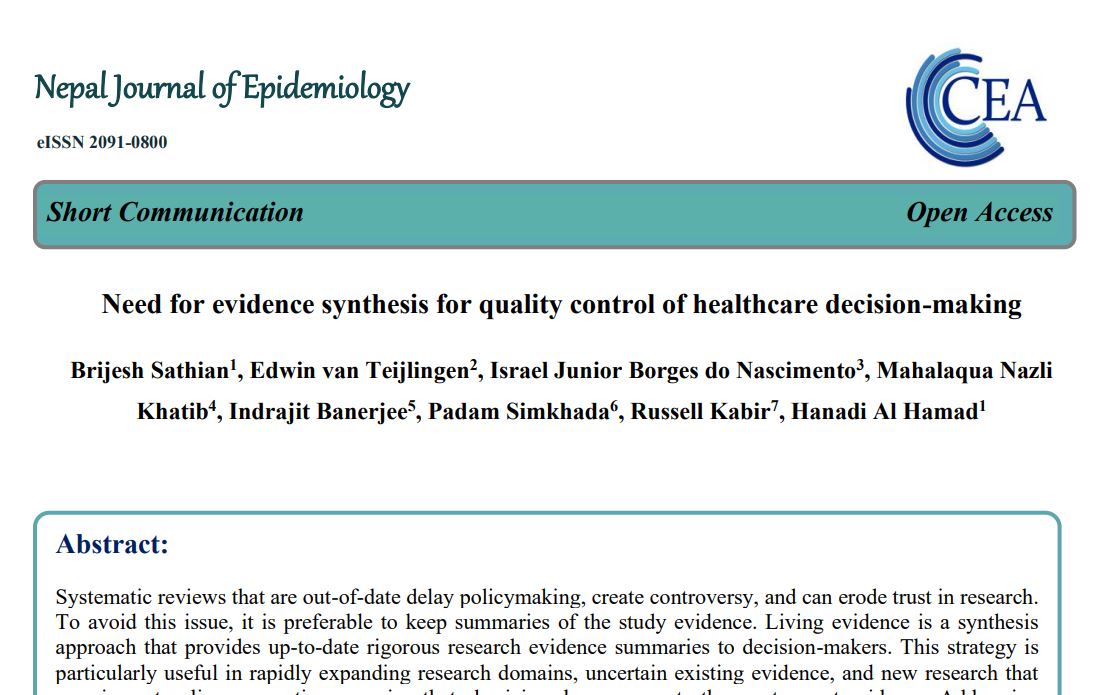
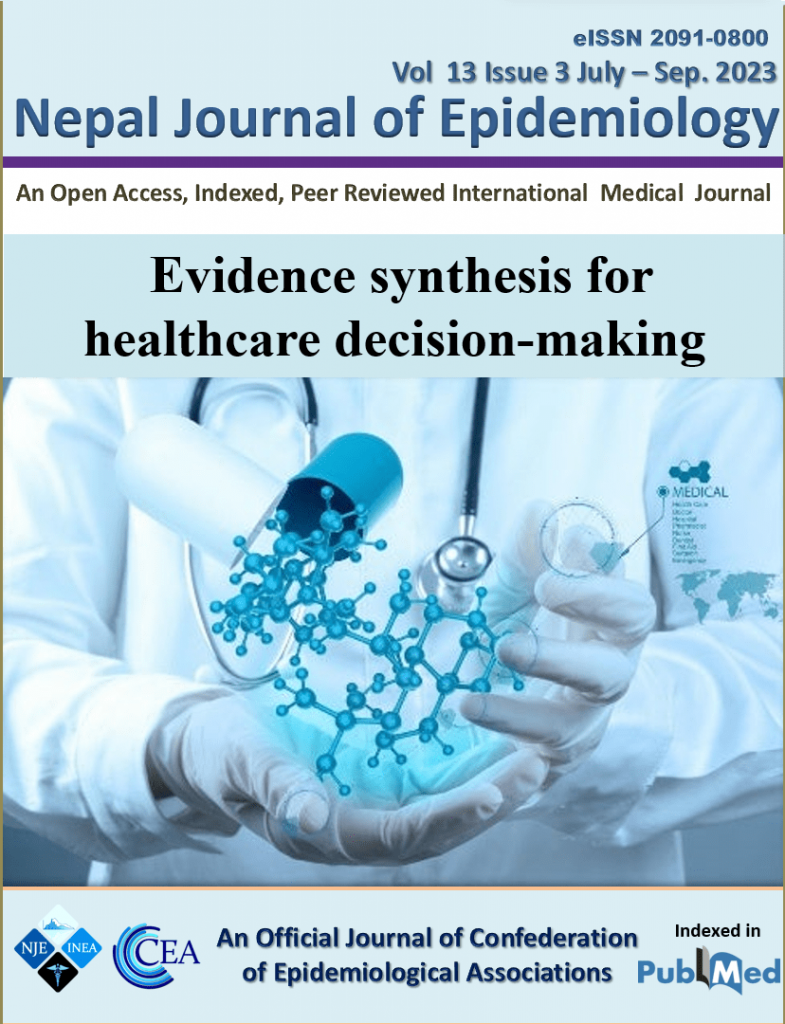
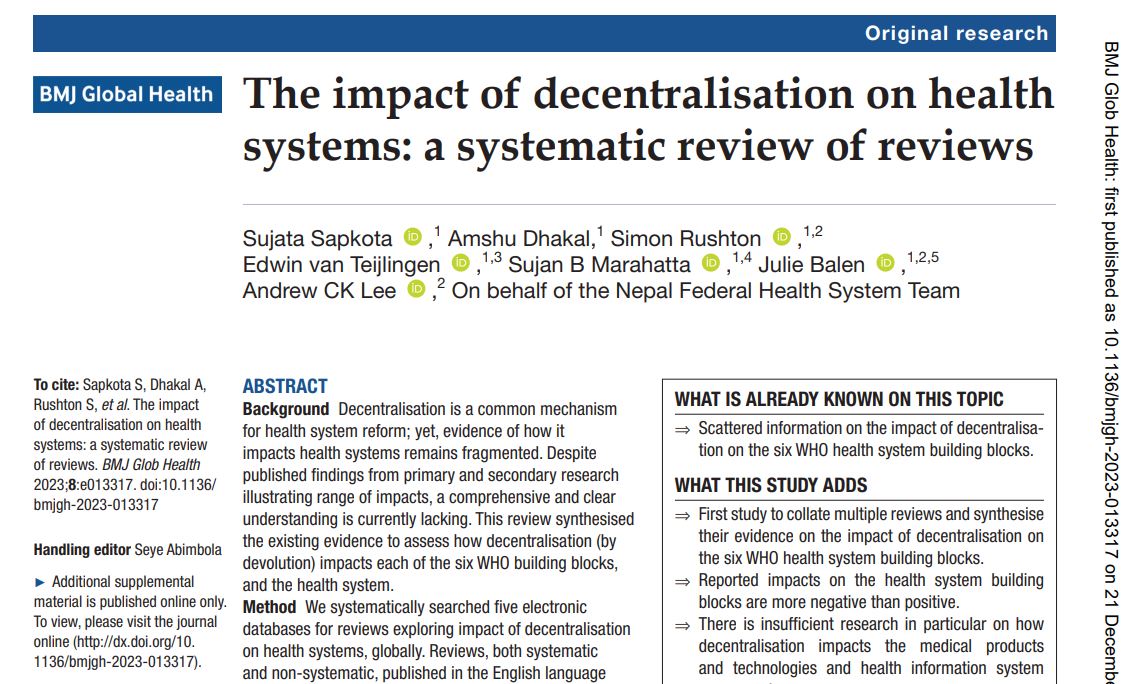
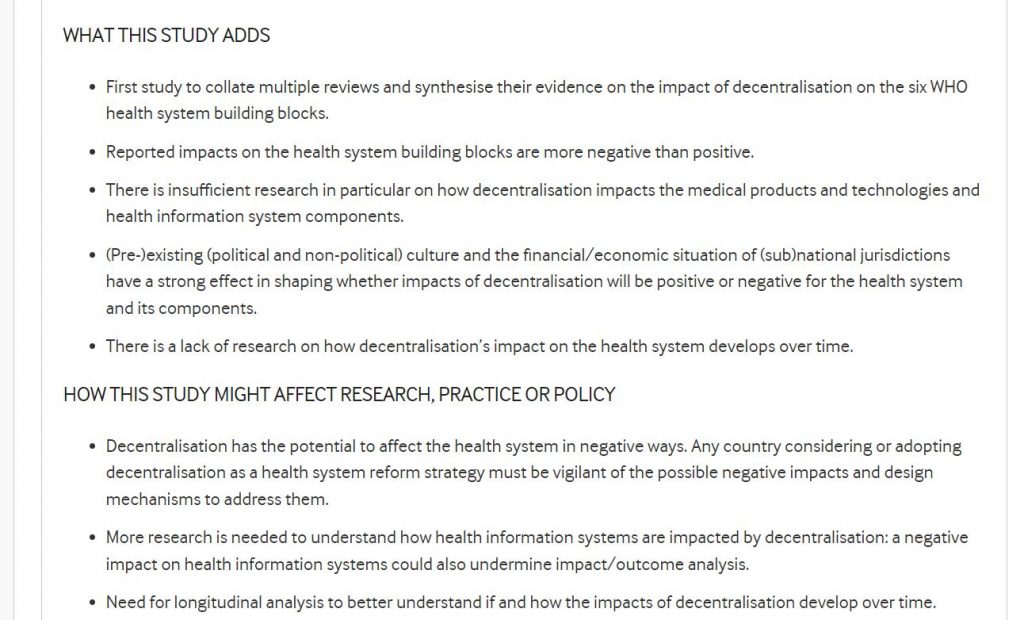
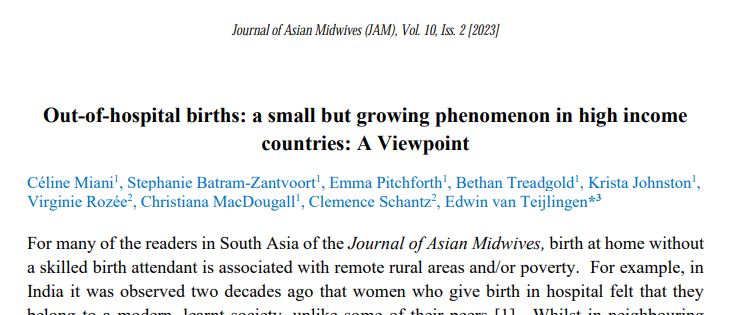

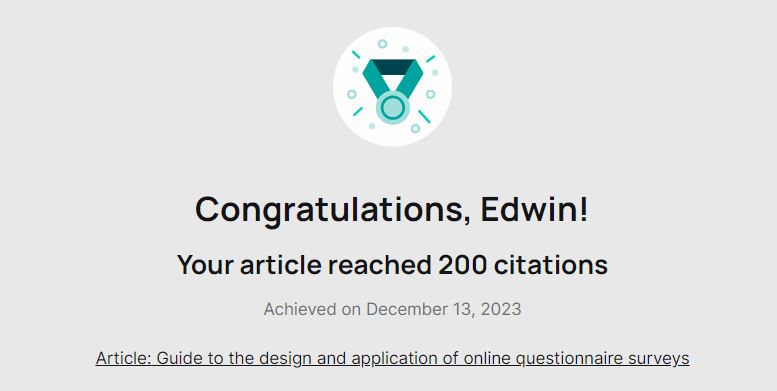
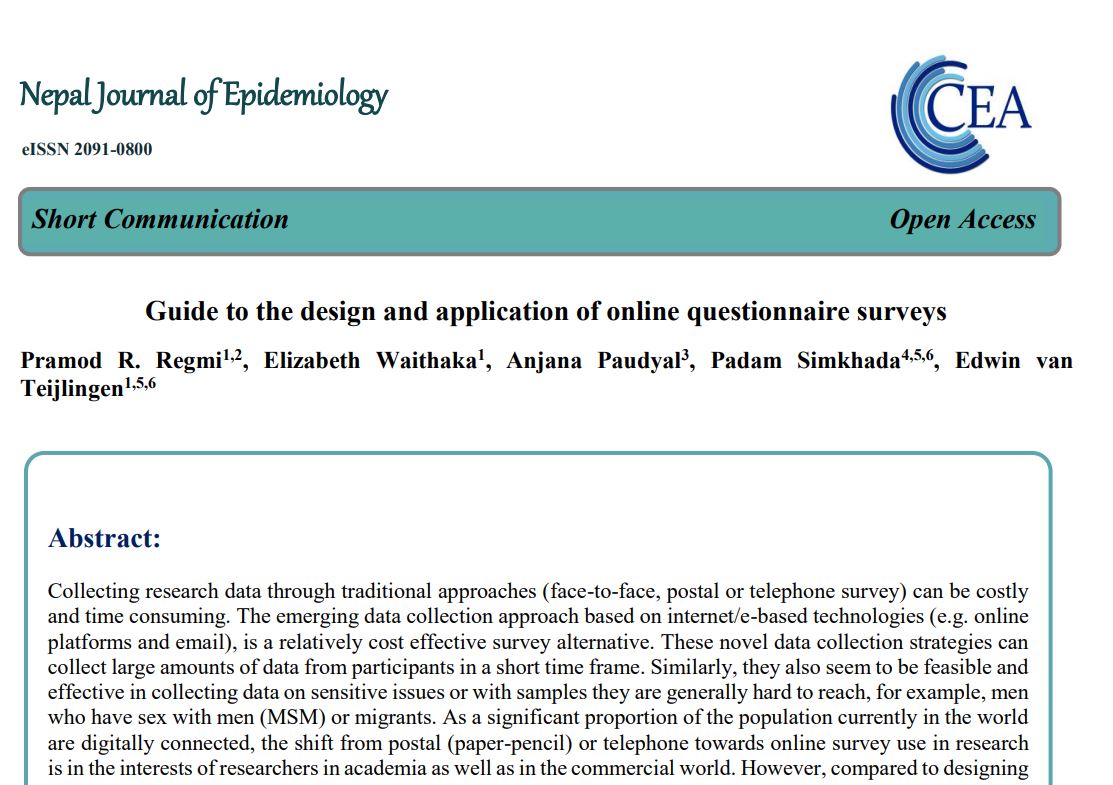












 REF Code of Practice consultation is open!
REF Code of Practice consultation is open! BU Leads AI-Driven Work Package in EU Horizon SUSHEAS Project
BU Leads AI-Driven Work Package in EU Horizon SUSHEAS Project Evidence Synthesis Centre open at Kathmandu University
Evidence Synthesis Centre open at Kathmandu University Expand Your Impact: Collaboration and Networking Workshops for Researchers
Expand Your Impact: Collaboration and Networking Workshops for Researchers ECR Funding Open Call: Research Culture & Community Grant – Apply now
ECR Funding Open Call: Research Culture & Community Grant – Apply now ECR Funding Open Call: Research Culture & Community Grant – Application Deadline Friday 12 December
ECR Funding Open Call: Research Culture & Community Grant – Application Deadline Friday 12 December MSCA Postdoctoral Fellowships 2025 Call
MSCA Postdoctoral Fellowships 2025 Call ERC Advanced Grant 2025 Webinar
ERC Advanced Grant 2025 Webinar Update on UKRO services
Update on UKRO services European research project exploring use of ‘virtual twins’ to better manage metabolic associated fatty liver disease
European research project exploring use of ‘virtual twins’ to better manage metabolic associated fatty liver disease